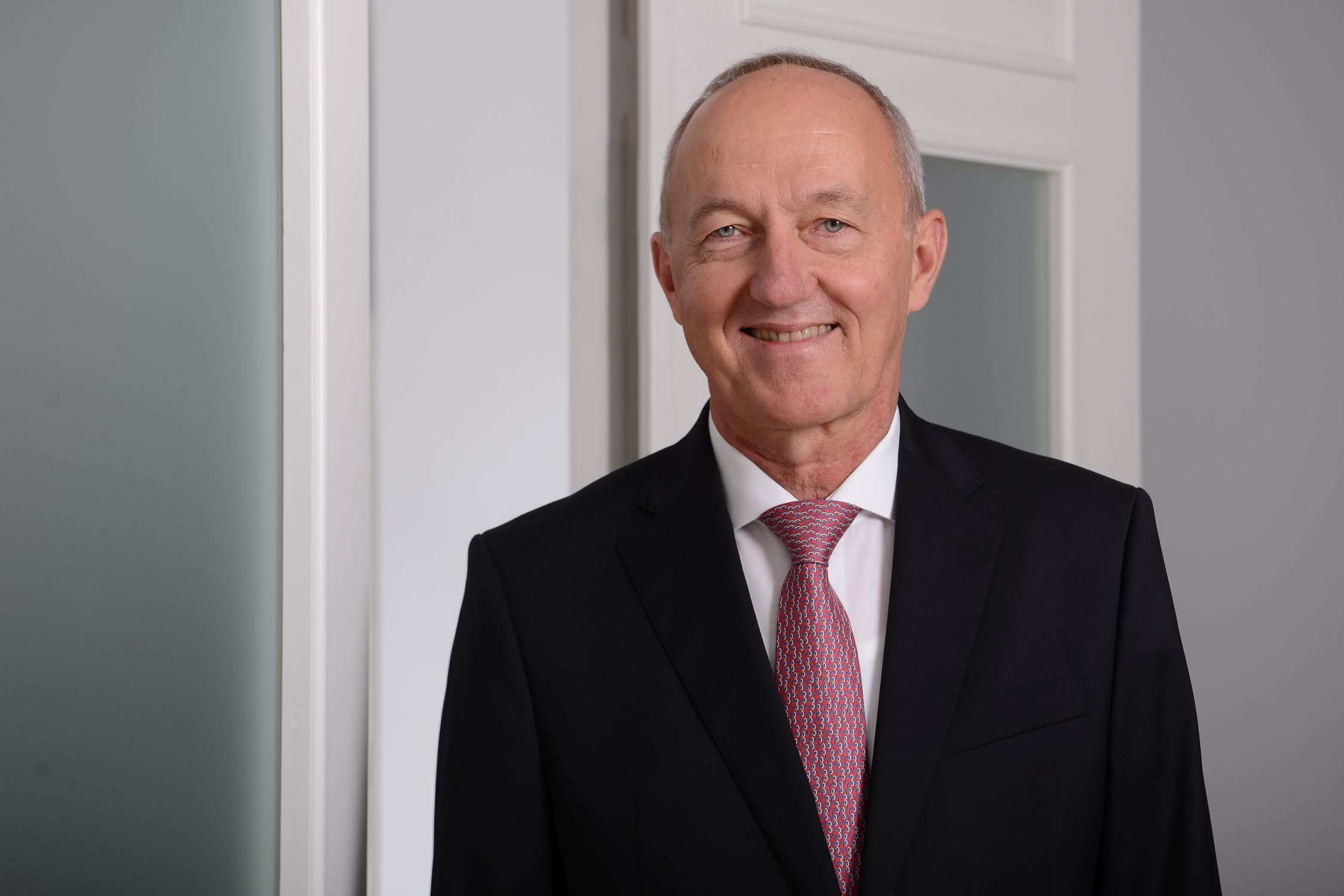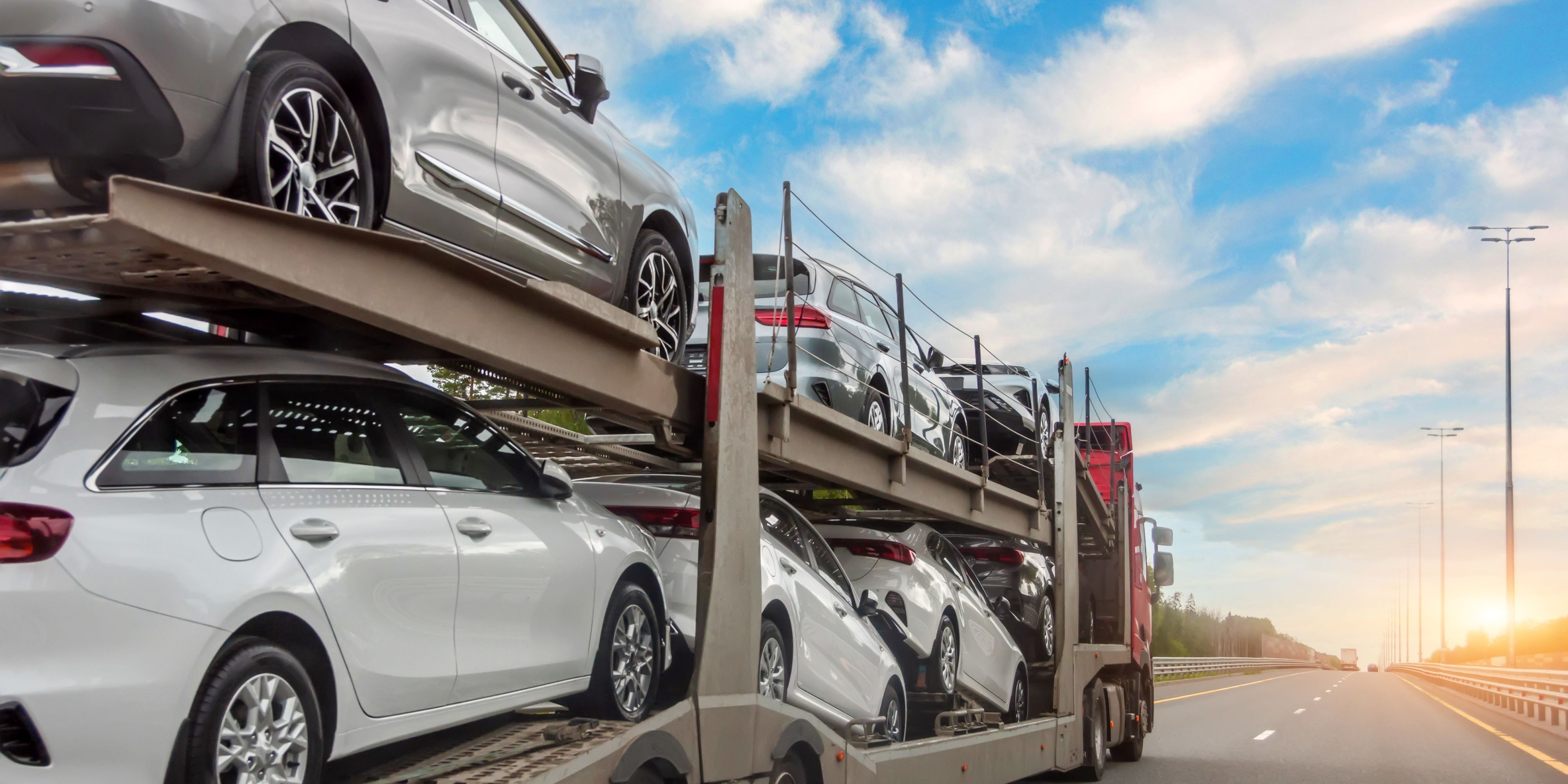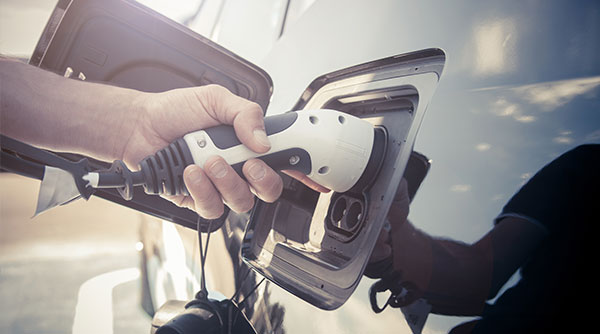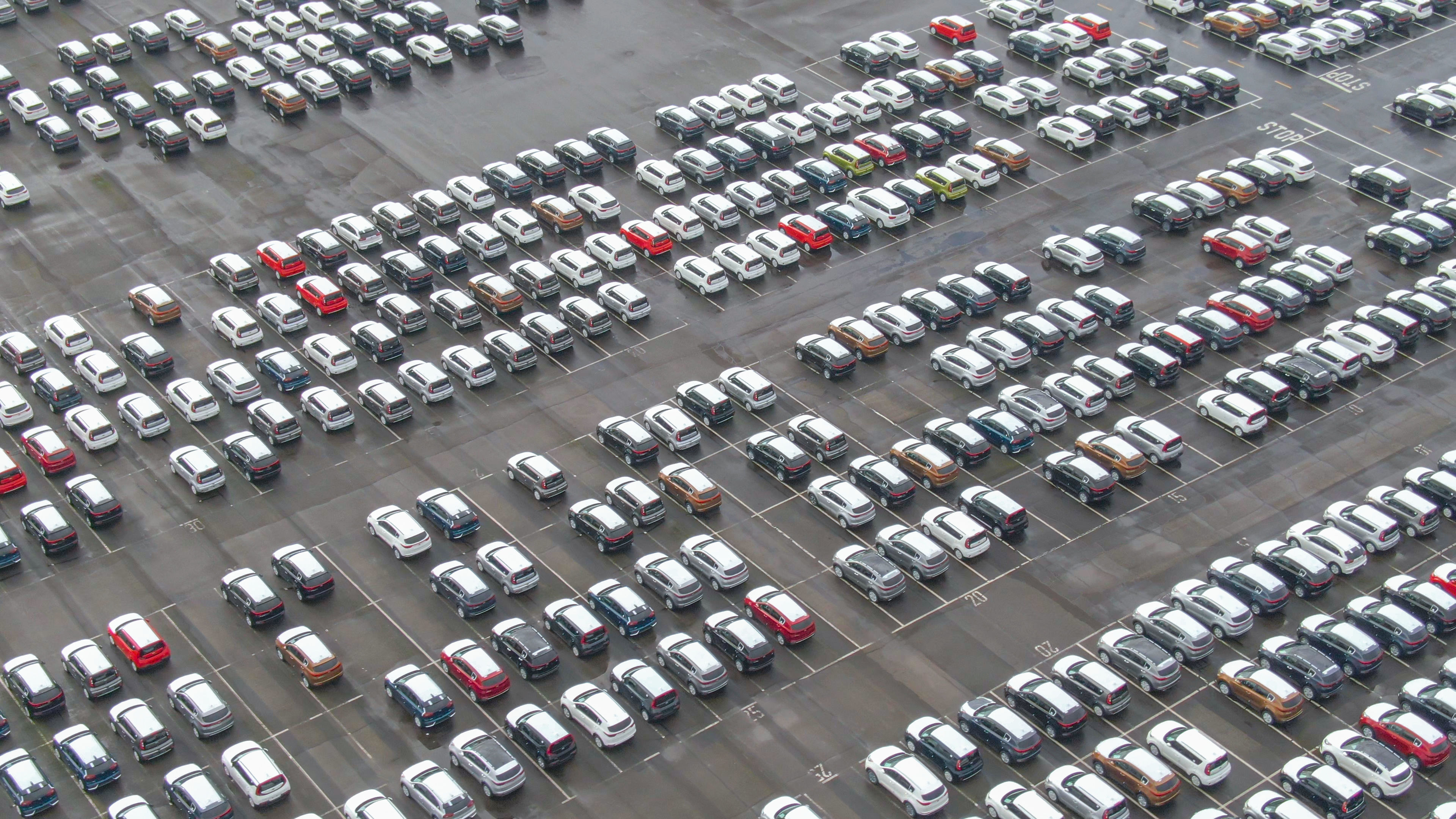“The international motor vehicle manufacturers continue to be successful in Germany. In an extremely difficult market, they slightly increased their market share to 40 percent in 2020. Cars from international brands are thus enjoying growing popularity among German customers. This is not least due to the particular strength of the VDIK manufacturers in alternative drives.” Reinhard Zirpel, President of the Association of International Motor Vehicle Manufacturers, said this today on the occasion of the digital VDIK General Meeting.
“The international manufacturers are committed to the Paris climate targets and want to achieve climate neutrality by 2050 at the latest. This entails a profound transformation process for the automotive industry,” Zirpel continued. With the revised Climate Protection Act, the German government is now creating new facts. The goal of climate neutrality is to be achieved as early as 2045, he said, and the CO2 reduction targets for transport are to be tightened significantly by then. “This will fundamentally change everyday mobility for many people and also make it more expensive. Therefore, the question of whether and how targets can be achieved must be carefully discussed. Because for real climate protection, targets on paper are not enough. Rather, effective and sufficient measures are needed,” said Zirpel. In the transport sector, the ramp-up of alternative drive systems and fuels is the decisive instrument for reducing CO2 emissions. In order for this to succeed, he said, it is absolutely essential to have a Europe-wide refueling and charging infrastructure that meets demand. The announced extension of the innovation premium for electric vehicles must also be quickly confirmed by the German government.
Zirpel also emphasized the importance of fuel cell vehicles for climate-friendly mobility. The expansion of the hydrogen refueling infrastructure in Germany should be continued, he said: “There are occasional efforts to exclude the fuel cell as a technology option for passenger cars. However, we see the great future potential of hydrogen for mobility. The fuel cell is part of the VDIK strategy of technology openness.”
Currently, the Corona pandemic is still slowing down the car market. Although passenger car sales have increased by 13 percent since the beginning of the year. 1.12 million new vehicles were registered. However, despite the seemingly remarkable growth, this is the second lowest market volume since 1991. Zirpel, however, highlighted the excellent performance of the car trade in the second lockdown: “Compared to the spring of 2020, it is now much more successful to keep in touch with customers. Despite locked doors. This shows: The lessons from the first lockdown were learned, the trade was prepared.” Equally important, he said, was the fact that vehicle registration offices also continued to operate during the second lockdown. Together with other associations, the VDIK had vehemently pointed out the necessity to keep vehicle registration offices open even under pandemic conditions.





